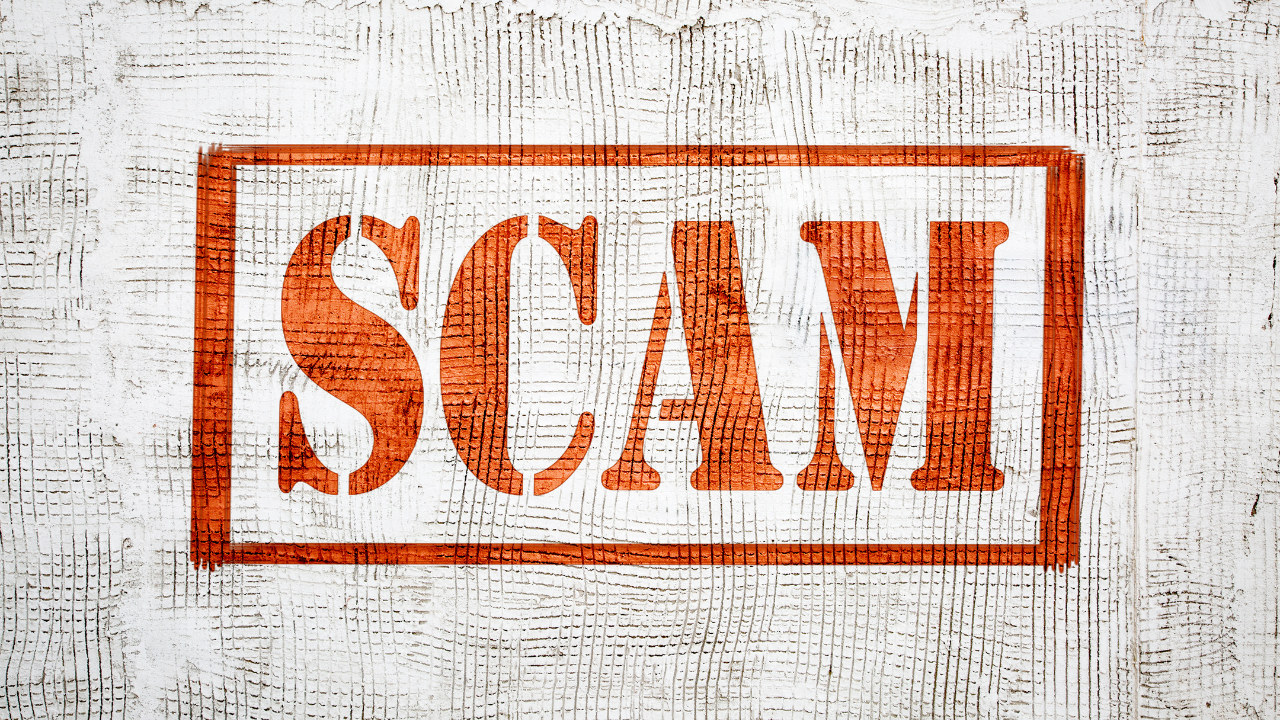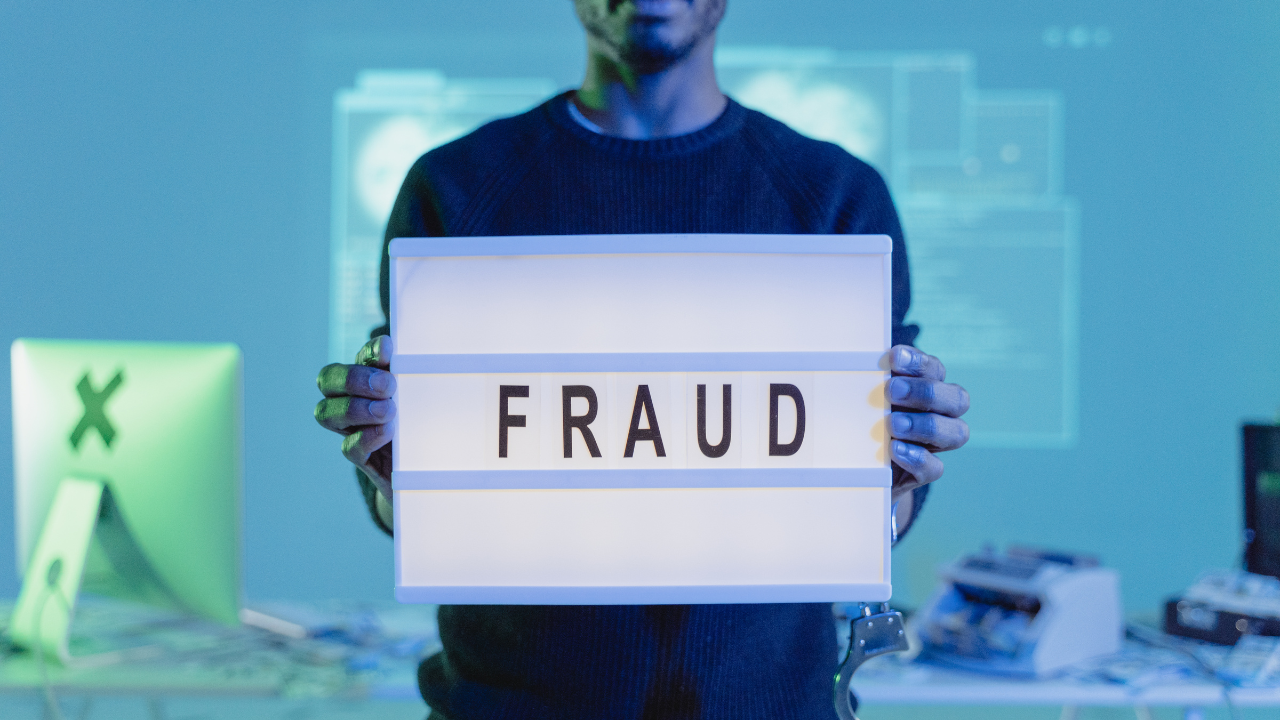Introduction: Why Scam Prevention Matters for the NDIS

The NDIS has been an incredible program, giving millions of Australians with a disability access to essential supports and services. But just like any large scheme that involves billions of dollars, it has unfortunately attracted scammers and those looking to take advantage. That’s why NDIS scam alerts and NDIS fraud prevention are so important.
For participants, families, and even providers, knowing how to detect, respond, and prevent fraud is an essential safeguard. If the wrong entities are paid for services never delivered, the money that should be helping people is lost. Worse still, it damages trust in the entire community.
This guide will walk you through important tips to help you understand what scams look like, what measures have been established, and how you can protect yourself and your funding.
Understanding NDIS Fraud and Scams

Scams in the NDIS can take many forms, from fake invoices to dodgy providers offering services they never intend to deliver. The NDIS Commission enforces the NDIS Code of Conduct to keep the system fair, but scams still happen.
Examples include:
- NDIS fraud through overcharging or billing for non-existent services.
- Attempts to steal personal or data from participants.
- Fake providers pretending to be registered but failing to meet compliance obligations.
It’s a serious matter because every fraudulent dollar of money could have been used to support a real person.
Tip 1: Know Your Rights as an NDIS Participant

As an NDIS participant, you have the right to receive quality supports and services. You should never feel pressured to sign paperwork or agree to conduct that seems suspicious.
The NDIS Commission provides a Participant Rights Guide outlining your rights and how to respond if something feels wrong. Reading and understanding these rights is a long-term safeguard that will help you make informed choices.
Tip 2: Work Only with Registered Providers

While there are many honest NDIS providers, not every entity is created equal. Registered providers have obligations under the NDIS Code, including compliance, transparency, and accountability.
If someone offers you cheap or quick services but can’t show evidence of being properly established and registered, that’s a red flag. Always check the official NDIS Provider Register before you agree to work with anyone.
Tip 3: Spot the Warning Signs Early
Scams often start small. Some common issues participants should look out for include:
- Being charged for supports you never actually receive.
- Invoices for services that were never delivered.
- Providers who refuse to show evidence of what was paid for.
- Pressure to share your personal or NDIS data unnecessarily.
If you find any of these, take action immediately. The earlier you detect a problem, the easier it is to stop and prevent fraud.
Tip 4: Report and Respond Quickly
If you think you’re dealing with a scam, it’s important to respond quickly. You can:
- Contact the NDIS Commission Fraud and Non-Compliance team.
- Report suspicious conduct to the Fraud Fusion Taskforce.
- Keep all invoices and evidence of what was delivered.
The Fraud Fusion Taskforce, an important entity set up by the Australian Government, was established to investigate suspicious activity and take action against fraudsters. Remember, if you don’t report it, it could happen again to another person.
Tip 5: Protect Your Personal Information

Scammers often try to misuse personal data. Protect your details like your NDIS number, bank details, and login credentials. Never share them unless it’s through official processes with trusted providers.
Think of it this way: your information is just as valuable as your funding. By keeping it safe, you safeguard your future access to the scheme.
The Scamwatch website from the ACCC also offers excellent advice on how to protect yourself online.
Tip 6: Stay Informed and Educated
Scams evolve constantly. That’s why staying informed is an important measure of prevention.
- Regularly read updates from the NDIS Commission Newsroom.
- Ask your Support Coordinator to explain any confusing issues.
- Attend community workshops that provide training on how to prevent fraud.
Education empowers participants to take control and ensures that services are delivered fairly and honestly.
Conclusion: Prevention Is Everyone’s Responsibility

NDIS scam prevention is not just about rules and paperwork. It’s about protecting people, funding, and trust in the scheme. Every participant, provider, and community member has a role to play in ensuring integrity.
When you understand your rights, work with legitimate providers, and respond quickly to suspicious activity, you help ensure and safeguard not only your own plan but also the future of the NDIS supports for all Australians.
At the end of the day, the goal about NDIS fraud prevention is simple: to ensure that every dollar goes where it should, every service is properly delivered, and every person with a disability receives the supports and services they deserve to provide.
References & Resources
- NDIS Commission – Fraud and Non-Compliance
- NDIS Provider Register
- Fraud Fusion Taskforce – NDIS Commission
- NDIS Code of Conduct
- Scamwatch – ACCC
- Services Australia – Scams and Fraud


